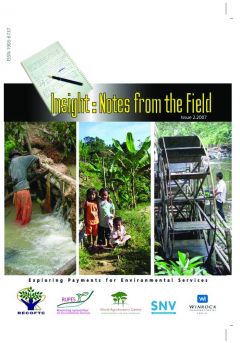Increasing the resilience of dryland agro-ecosystems to climate change
The current debate on climate change, its impacts on socio-ecological systems and the role of agriculture has shifted from an emphasis on how to mitigate the effects of increasing greenhouse gas (GHG) emissions to how to prepare and adapt to the expected adverse impacts.



